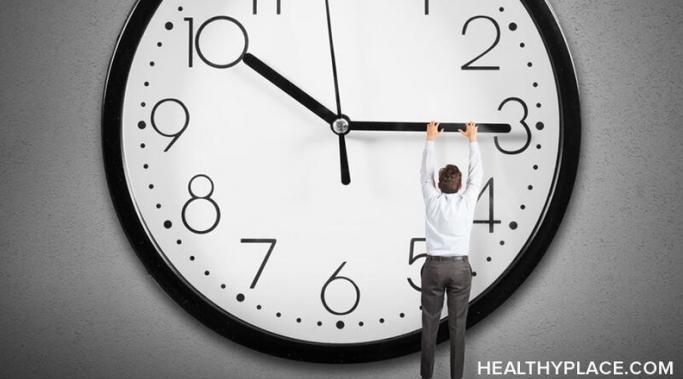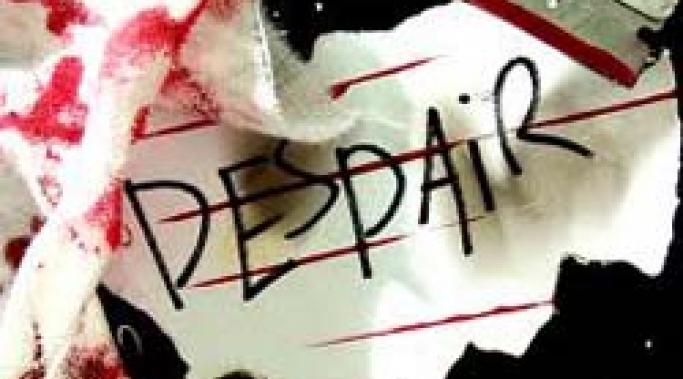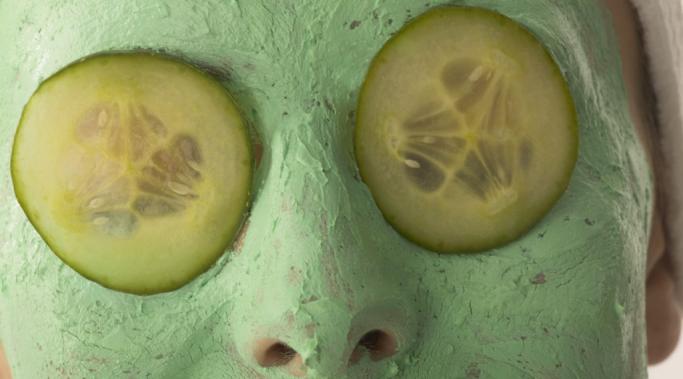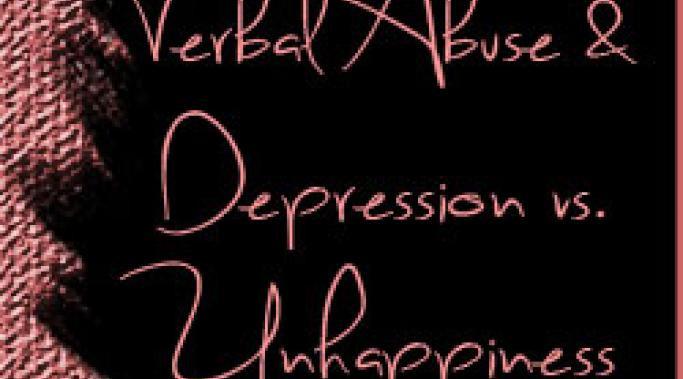Blogs
Misconceptions surrounding mental health can be a major contributing factor to mental health stigma. The less something is understood, the more likely it is to be stigmatized against.
Although there are probably hundreds of common misconceptions about mental illness, I thought I would tackle a few mental health myths here today.
Recently, I’ve noticed a pattern in my clients that I call the “tipping point”. The “tipping point” is basically a time in people’s lives when, for various reasons, the strategies they have been using to compensate for their ADHD challenges no longer seem to be working. This “tipping point” is often experienced along with feelings of overwhelm and chaos. Up until a “tipping point,” people have been able to balance known or unknown challenges with ADHD with strategies they may not have even realized they were using. Up until the “tipping point”, they had been able to adapt and cope well with their symptoms, even going as far as being under the radar for an official diagnosis of ADHD (in other words their symptoms were not interfering with their functioning). But for some reason a life change – it could be a job promotion, relationship change, a school change, or any myriad of different things – renders the current strategies ineffective and over time there is a sense that things are no longer “going well” and in fact, life seems to be falling apart in a big way.
Admittedly, I'm late. Again. Instead of making an excuse, let's just say that at 40, I'm more aware of my inability to accurately gauge time. It is a symptom of my ADHD, but it is not an excuse. As a kid, I didn't know that I had ADHD, but now that I am aware, a number of events from childhood forward make a lot of sense. I'll share an example and what I have learned as well as how I continue to struggle with timeliness.
Sometimes people hurt themselves. Self mutilation. Cutting. Scarification. Pulling out eyelashes or hair. Hitting. Biting. Pinching. Starvation. Drug and alcohol abuse. Fighting. Overeating. So many ways people inflict pain on their bodies. But why? Does it mean they are suicidal? Not always, but depression is common in people who self-injure. Does it mean they like it? Not necessarily. But it can serve a purpose. And if they don’t figure out what benefit they are receiving from the pain, they may escalate and cause permanent damage.
I once wrote a post called, My Bipolar Symptoms Aren't Your Symptoms: I'm More Bipolar Than You. The point of the post is that two people can experience bipolar disorder very differently. Even when two people meet the Diagnostic and Statistical Manual of Mental Disorders (DSM) diagnostic criteria for bipolar disorder, their individual list of symptoms can be quite different. One might be expansive when manic, the other might be irritable. One might sleep too much when depressed, the other might sleep too little. And so on and so forth. Neither one of them is the “right” kind of bipolar and neither one of them is “more” bipolar, they are simply suffering from the same illness differently.
Similarly, treatments are also individual. What works for one person simply doesn’t work for another. And that’s OK.
Every so often, I am asked why I decided to write about my experiences with anorexia under my own name.
The simple answer? Because I refuse to be ashamed.
Psychotropic medications are life-savers, but how can the pharmaceutical companies make a good thing even better? More Than Borderline's, Becky Oberg, talks about possible improvements.
I saw a quote recently that said, "Before you diagnose yourself with depression, make sure you're not simply surrounded by jerks." Abuse in relationships does cause depression over time, but being depressed and being unhappy are two different beasts. More than likely, a doctor's diagnosis of depression will overshadow your chronic unhappiness, and instead of seeking to solve the cause, you will resort to treating the symptom (the depression).
For years, members of The National Association of Mental Health Professionals Hoping To Influence Public Perceptions of Whackadoomiousness (NAMHPHIPPW) have sought out ways of educating the public, eroding stigma, and charging off expensive lunches at swank restaurants.
The PR wing of this advocacy organization is very excited about a new, innovative public awareness campaign they’re calling, Odd Aid. NAMHPHIPPW officials agree that the best way to shift cultural perceptions is by going directly to popular public figures. Building on the success of Live Aid and Farm Aid, Odd Aid will feature a host of legendary performers; with one important difference.
Every participating Odd Aid artist will be performing an original song specifically designed to shed light on a particular form of mental illness. Stigma beware; this plethora of plucky performers is out to get you!
I hate to admit it, but when you live with a mental illness there are probably triggers to avoid--triggers that upset the stability we have fought so hard to find (Don't Wait: Prepare for Mental Health Triggers Beforehand). First, let's break it down a little bit.





![blog symbol[4]](/sites/default/files/styles/blog_listing/public/uploads/2012/05/blog-symbol41-170x127.jpg?itok=wXqNkvb0)


